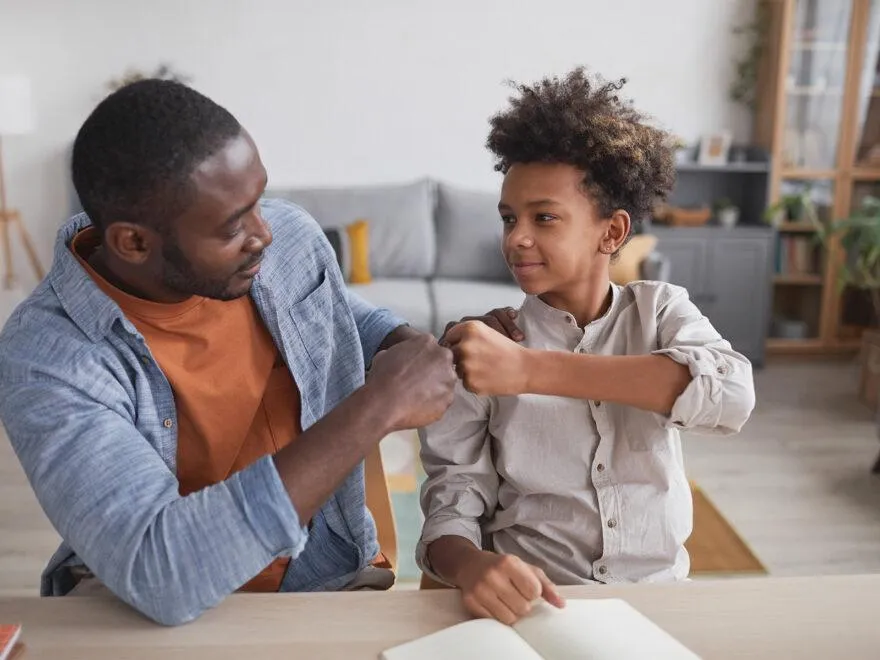
Start the Conversation: A Guide to Talking to Your Child About Relationships and Dating
Start the Conversation: A Guide to Talking to Your Child About Relationships and Dating
As parents, we often find ourselves navigating tricky conversations with our kids, and few topics can feel as daunting as discussing relationships and dating.
You want your kids to understand what healthy relationships look like and that they can come to you with any questions regarding sex and dating.
Many of us grew up in households where sex and relationships were not openly discussed so it doesn’t necessarily come easy to us.
The good news? You don’t have to wait until your child is a teenager to start these discussions. In fact, it’s best to start early, create a safe space, and approach the topic with openness and intention. Here’s how:
Start Early
It might seem surprising, but the conversation about relationships, dating, and even sex should begin as early as age five.
This doesn’t mean diving into the deep end and explaining everything about sex but rather answering your child’s questions honestly and at an age-appropriate level.
By normalizing these discussions early on, you lay the groundwork for more in-depth conversations as they grow older.
As your child gets older, the conversations should evolve. Continue talking with them about the complexities of dating, relationships, and intimacy.
Reinforce your family values while respecting their growing independence. Staying involved in these discussions helps them navigate their teenage years and beyond with confidence and a strong sense of self.
Remove Taboo and Shame
One of the biggest barriers to open communication is the stigma that often surrounds topics of sex and relationships.
It’s crucial to remove any sense of taboo or shame from these conversations. This means not judging our children when they come to ask us questions.
By treating these topics as normal parts of life, you encourage your child to feel comfortable talking about them openly with you. This familiarity builds trust and paves the way for ongoing dialogue.
It’s important to be the parent who is willing to talk about these things openly. By doing so, you pass on knowledge and empowerment instead of silence and confusion. Your child benefits from your wisdom and feels more prepared to make informed decisions.
Customize Education
Every child is unique, and your approach should reflect that. Tailor your discussions to your child’s personality, maturity level, and boundaries.
Some children may be naturally curious and ask lots of questions, while others might be more reserved. Pay attention to their cues and adjust your approach to meet their individual needs. Remember, there’s no one-size-fits-all method here.
Use Relationships as a Teaching Tool
Take advantage of your child’s daily experiences, such as interactions with peers and friendships, to teach valuable lessons about empathy, boundaries, and feelings.
These early discussions help prepare them for understanding and navigating future romantic relationships. By relating these concepts to their own experiences, you make the lessons more relatable and impactful.
Create a Safe Space
Your child needs to see you as a safe, reliable source of information. Establishing this trust means being approachable and nonjudgmental when your child comes to you with questions or concerns about relationships, dating, or any other sensitive topics.
When your child knows they can count on you for honest answers without fear of punishment or ridicule, they’ll be more likely to seek your guidance.
When it comes to teaching your child about relationships, be deliberate. Help them understand the power of their choices and the impact these choices have on their lives and the lives of others.
Encourage introspection and help them develop resilience. These lessons will serve them well, not just in romantic relationships but in all areas of life.
For more detailed information about dating and relationships, listen to episode 55 of the Every Brain is Different Podcast featuring Samantha and Lauren’s interview with Lonelle Madsen.
